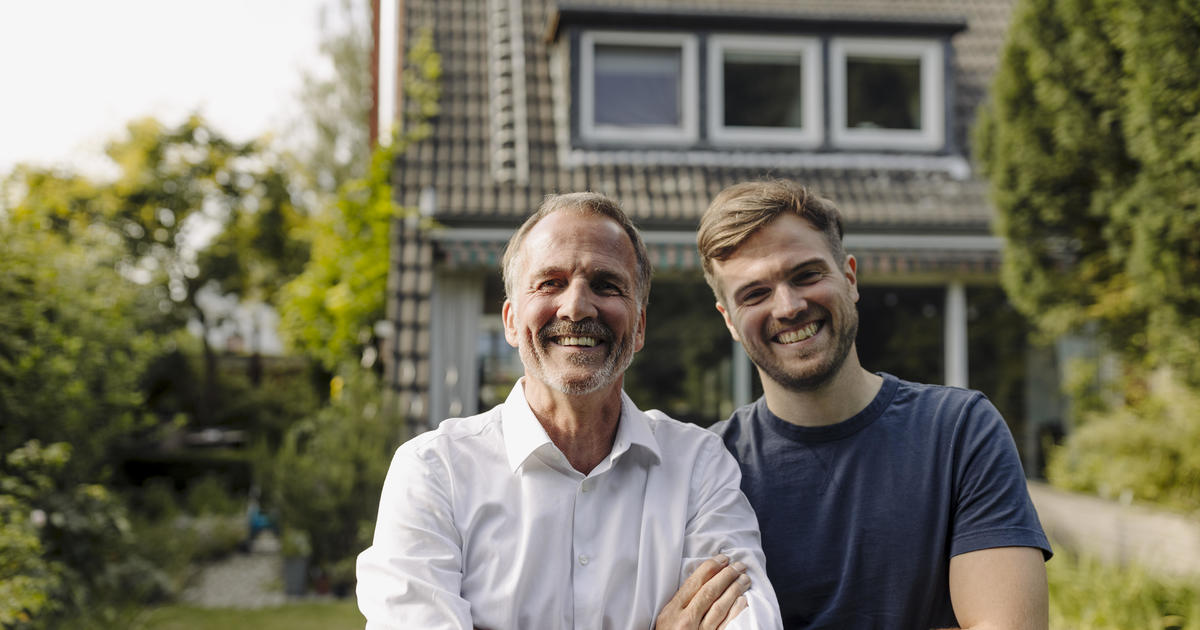Young adults in the U.S. are experiencing a very different trajectory than their parents, with more of them hitting key milestones later in life and also taking on more debt, according to a new report from the Pew Research Center.
A majority of young adults say they remain financially dependent on their parents to some extent, such as receiving help paying for everything from rent to their mobile phone bills. Only about 45% of 18- to 34-year-olds described themselves as completely financially independent from their parents, the study found.
Not surprisingly, the younger members of the group, those 18 to 24, are the most likely to rely on their folks for financial support, with more than half relying on their parents to help take care of basic household expenses. But a significant share of 30- to 34-year-olds also need assistance, with almost 1 in 5 saying their parents provide aid for their household bills.
More broadly, the survey offers a portrait of a generation that’s struggling with debt in a way that their parents did not, with more of them shouldering student loans and, for those who own a home, larger mortgages than their parents had at their age. But the analysis also showed that young adults expressed optimism about their futures, with 3 in 4 who are currently financially dependent on their parents saying they believe they’ll eventually reach independence.



I’m actuality not quite sure about the healthcare system impacts, thought that’s something you’ve now peeked my interest in. Will do more reading.
Re: obesity and poverty: the two are often inseparable in discussions such as this. We know that poorer communities are often food deserts, not because there a lack of restaurants/groceries, but because the availability of nutritious, affordable options is nonexistent (or extremely limited). If an individual has $100 to spend on food for the family, the unhealthy options will generally be preferred because they pack more bang for the buck in terms of caloric impact and ability to stretch the quantity, not to mention the time-savings factor which we can’t ignore for individuals who may be balancing multiple jobs and family responsibilities.
Unironically, and not in the right-wing meme way: Change my mind. I think socratic exchanges in good faith are the best way to expose the flaws in one’s arguments. I absolutely could be wrong, and honestly I would love to be wrong about this one. Bypassing bureaucracy to offer unconditional aid, and it actually having a net benefit, is easily the ideal solution. And either way, thank you for at least hearing out the argument in good faith.
My counter to “food deserts” is modern logistics. Soylent may not be the cheapest, but even in it’s most expensive form (premixed, preflavored, individually bottled, and shipped via an online purchase) it’s like $3.25/400kcal. Which sounds like a lot, but for people who need to lose weight, ~1600-2000kcal per day is $400/mo/person. That is very easily eclipsed by a largely fast food and freezer dinner diet. Yes it’s a fair argument that soylent isn’t a fair fight on strictly calories/dollar, but it is a fair fight on dollars/meal and dollars/good_nutrition. Plenty of poor families spend that or more with assistance on fast food and freezer dinners because it’s cheap, convenient, and filling, but the same dollar could be spent on a healthy alternative at even it’s least efficient form. The less convent and more efficient forms come around ~$1.50/400kcal and that would put a month’s of calories at less than $200 per person. I would challenge someone to feed a person, even unhealthily, for less. Feeding the poor and hungry isn’t an economics or logistics problem, it’s a perspective and individual willpower problem.